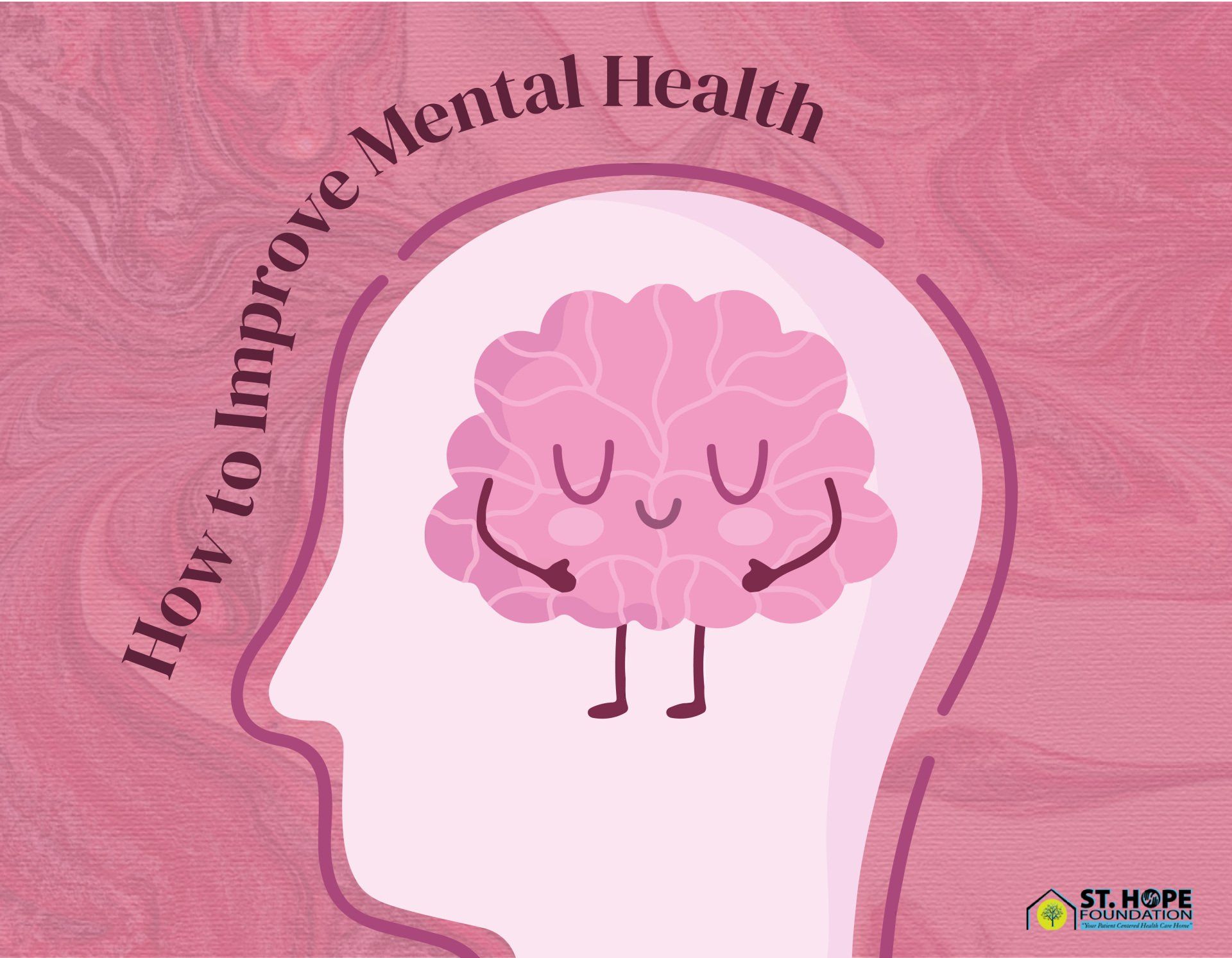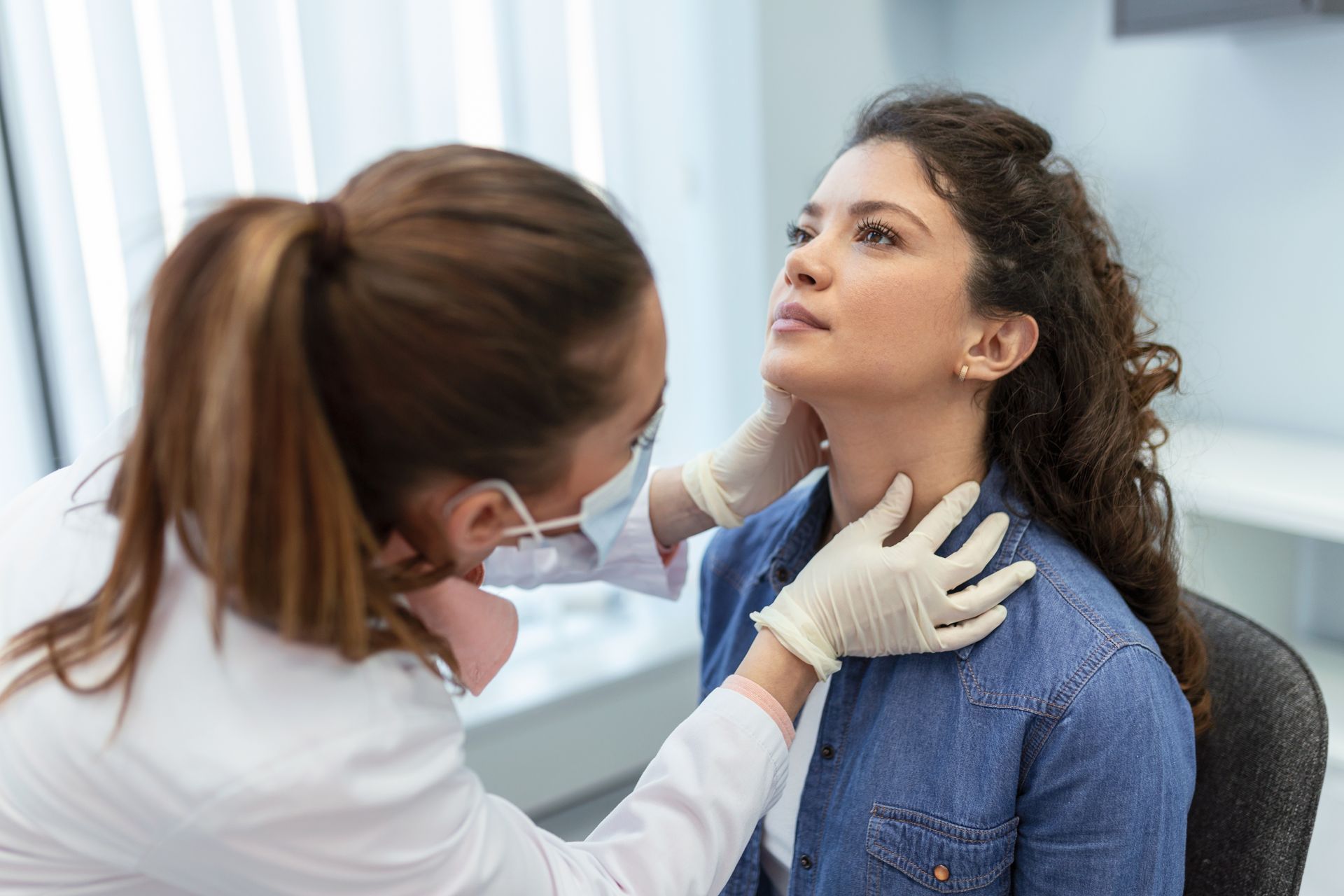Recent Posts
How to Improve Mental Health

People are far from uniform, especially when it comes to their mental health and wellness. However, there are some types of activities that negatively or positively affect the mental health of most people.
For example, sleep can have a significant impact on how you feel and function throughout the day. Stress, anxiety and the things you eat or drink can also have negative impacts on your mental health.
Although not everyone will have the same psychological reaction to every type of input, there are generally some commonalities in terms of wellbeing.
What Is Mental Health?
Mental health refers to your conscious and unconscious state of wellbeing. Are you happy, content and feeling fulfilled or are you sad or anxious? Mental health plays a role in how well you can cope with the stresses of life and how productive you can be during your waking hours.
Someone who can contribute meaningfully to their family and community and has a healthy sense of their own worth and value is generally considered to have good mental health.
When Is Mental Health Awareness Month?
Mental health awareness month is May. The National Alliance on Mental Illness makes a lot of resources available all year long, but especially in May, when they try to increase awareness of mental health struggles.
Why Is Mental Health Important?
Mental health is important for your own wellbeing and quality of life, but your own mental health doesn’t just affect you. The people who care about you, your coworkers, acquaintances and even random strangers you interact with in public can be negatively or positively impacted by your mental health and how it makes you behave.
How To Improve Mental Health
Talking about how you’re feeling with a therapist, friends, family or a faith leader you trust may help you acknowledge and regulate your mental health.
There are also several things you can do on your own to improve mental health.
Behavioral and Lifestyle Changes to Improve Mental Health
The following activities or lifestyle changes are all things you can do that don’t require you to divulge your thoughts or feelings to other people.
Maintaining a healthy diet – Natural foods – especially vegetables, lean proteins and some nuts and fruits – are high in nutrients, antioxidants, vitamins and minerals that help maintain good brain health. Other foods, like those high in refined sugar and processed foods, contribute to inflammation and oxidative stress that can make you feel bad, disrupt your body’s ability to produce insulin and even impair brain function.
Exercising regularly – In addition to helping improve your self-esteem and confidence, exercise also releases mood-enhancing endorphins. Exercise is also known to help you sleep better at night and improve the health of your body and brain. Better health means fewer physical problems that might contribute to poor mental health.
Getting at least six (but preferably eight) hours of sleep a night – Sleep deprivation can have profoundly negative effects on your brain’s ability to process information and cope with stress. People with insomnia or sleep disorders frequently experience psychological side effects.
Studies have shown REM sleep in particular enables the brain to more effectively process emotional information. Sleep is also vital for memory retention and failing to get adequate sleep can prevent your brain from consolidating good emotional memories.
People suffering from depression, anxiety disorders, bipolar disorders, ADHD and schizophrenia frequently struggle with insomnia as well.
Avoid overindulging in caffeine or alcohol – Moderation tends to be key when it comes to coffee, energy drinks or alcohol. A moderate dose of caffeine in the morning might be good for your mental health, but ingesting large quantities of caffeine throughout the day can leave you feeling anxious, jittery and unable to sleep well at night.
Alcohol can have long-term negative effects on the body and brain. Even if you feel a temporary increase in wellbeing while you’re intoxicated or buzzed the inevitable hangover will have the opposite effect. Using alcohol as a crutch to avoid dealing with problems that negatively affect your mental health is also counterproductive for long-term wellbeing.
Behavioral Changes to Improve Mental Health
Talk with people – Communication with loved ones, friends or even a mental health professional can be immensely valuable for your mental wellbeing. Honest and open conversations can help you analyze the things in your life that are negatively affecting your mental health. These conversations can also act as a reminder that there are people who care about you and how you feel.
Other people might also be able to give you valuable advice, or you can make them aware of things they do that are negatively affecting your mental health. In many cases people around you will be willing to adjust their behavior if it will have a positive impact on your mental health.
Try to appreciate the good things in your life – It’s easy to overlook the good things in your life and focus on the negatives. COVID-19 have brought negative feelings to the forefront for many people who have lost loved ones and jobs due to the pandemic. Practicing gratitude and consciously thinking about the good things in your life can have a positive impact on your mental health.
Don’t spend too much time on social media – Social media has a toxic effect in many people’s lives. Users often get wrapped up in overwhelmingly negative, grievance-fueled communities and stew in the anger those interactions generate.
Social media can also skew the expectations of users in terms of what success, beauty and happiness are or should be. Social media personalities show only what they want the outside world to see, and it’s never the whole picture.
Getting space away from social media and the often-toxic subcultures on the internet can have a hugely beneficial impact on your mental health.
Get Help with Your Mental Health in Houston
Residents of Houston who are looking for help with their mental health struggles should strongly consider scheduling an appointment with the behavioral health professionals at St. Hope Foundation. Our team of master-level, licensed mental health professionals are passionate about helping patients improve their physical and mental wellness.
Call (713) 778-1300 or book your appointment online.









